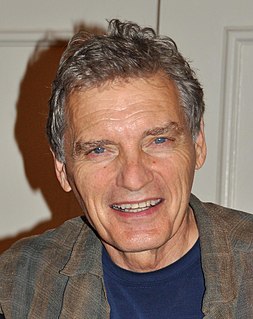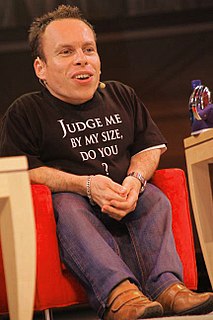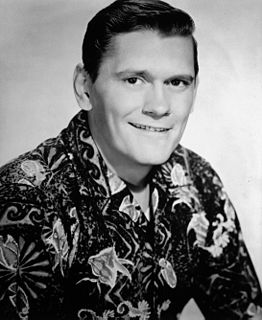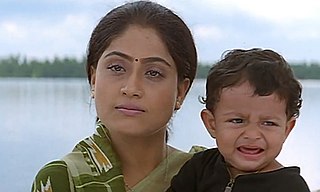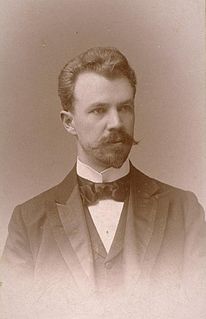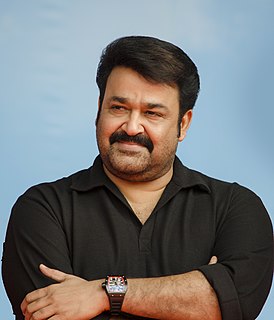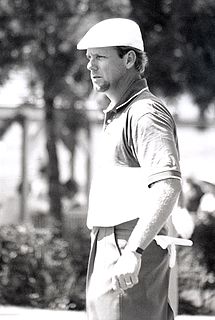A Quote by David Selby
We would change out of costume, then we would read the next days script.
Related Quotes
In the old days when I first was coming up, you would turn up on set in the morning with your coffee, script, and hangover and you would figure out what you were going to do with the day and how you were going to play the scenes. You would rehearse and then invite the crew in to watch the actors go through the scenes. The actors would go away to makeup and costume and the director and the DP would work out how they were going to cover what the actors had just done.
People say, 'Well, whose career do you follow? Where do you see your career going? What movie do you want to do next?' And I can't tell you what type of movie I would go and do next. I would have to read the script and feel for a character. And if I feel in my gut for a character, I know that that's somebody I have to play.
I design for the movie and the character as well as the person wearing the costume. I show the ideas to the actor, then do fittings for shape and technical things such as movement in the costume. Once the costume in this form is on the actor, you have a sense of their connection with it. I then take it to the next level with the final fit.
If we would vote in mass on the more promising ticket, or, if the two are equally bad, would throw out the party that is in, and wait till the next election and then throw out the other party that is in - then, I say, the commercial politician would feel a demand for good government and he would supply it.
To-morrow would bring its own trial with it; so would the next day, and so would the next; each its own trial, and yet the very same that was now so unutterably grievous to be borne. The days of the far-off future would toil onward, still with the same burden for her to take up, and bear along with her, but never to fling down; for the accumulating days, and added years, would pile up their misery upon the heap of shame.
When I read out loud in class, it was a joy for everyone else because I would mispronounce things so badly. I used to try to count how many people were in front of me and then work out which paragraph I would have to read out and start trying to learn it. And I would sit there thinking, 'Please let the bell go so that it doesn't get round to me.'
When you start out as an actor, you read a script thinking of it at its best. But that's not usually the case in general, and usually what you have to do is you have to read a script and think of it at its worst. You read it going, "OK, how bad could this be?" first and foremost. You cannot make a good film out of a bad script. You can make a bad film out of a good script, but you can't make a good film out of a bad script.
